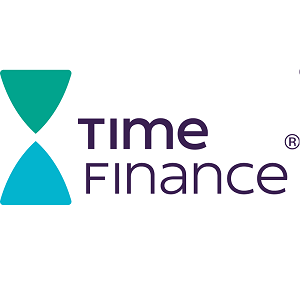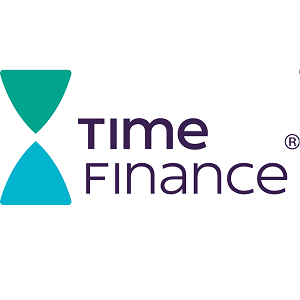A business strategy typically serves as an outline detailing how a company plans to position itself, grow over time, and achieve its short-term and long-term objectives. It doesn’t always have to be a formal document, but having a clear plan in place is essential for the sustained success of any organisation. Without it, businesses may lack clarity on their current performance and potential future capabilities.
When a company isn’t sure of the next steps towards its goals, conducting market research can provide valuable insights. This research may involve analysing competitor activities, evaluating marketing approaches, and understanding operational costs. Such information can help shape the future direction of the business. Even if all the details for the future aren’t available immediately, having a business strategy can highlight the financial solutions that may be required, such as asset-based lending or secured loans, to support ongoing growth.
In many ways, a business strategy serves as a set of guiding principles. It ensures that everyone within the organisation is aligned and working towards a common goal. The development of a strategy also allows businesses to identify untapped opportunities and address any potential weaknesses that could impede progress, fostering a focus on growth and resilience.
Beyond addressing operational gaps, a well-thought-out strategy provides real-time guidance on a company’s internal operations, offering insights into whether additional financial support, such as cashflow financing, might be necessary. It also helps businesses track and identify trends, not just within their own sector, but across broader market forces such as political, social, and technological changes. This enables a business to remain flexible, adjusting its plans as needed to stay competitive.
For small businesses in particular, a strategy is essential for creating a clear vision and ensuring that everyone, from top management to new employees, understands the overall objectives. This shared understanding allows the business to move forward in a unified direction.
Having a strategy also equips a company with a competitive edge. By understanding its strengths and areas for improvement, a business can better determine what’s required to gain and maintain an advantage in the market. This includes recognising where the company stands in relation to competitors and what steps are necessary to improve its position.
There is a difference between a business plan and a business strategy, even though they are often used interchangeably. A business plan tends to focus on immediate, smaller-scale goals, outlining the specific steps needed to achieve them. In contrast, a business strategy is a broader, long-term vision that might take years to fulfil. A company could, for example, set a strategic goal of opening multiple stores or reaching a certain revenue target, and then develop smaller plans to ensure steady progress towards that vision.
There are several types of strategies that businesses can adopt, each with the same core objective: to create and deliver value to customers while increasing market share, profitability, and sustainable growth. One common strategy is cost leadership, which focuses on reducing production and delivery costs to offer the lowest prices in the market, targeting cost-conscious consumers. On the other hand, differentiation emphasises creating unique products or services that stand out due to their quality or innovative features, often allowing the business to charge premium prices.
Some companies may opt for a more focused approach. Focused cost leadership targets a specific niche within a larger market by offering the lowest-priced products in that segment. Similarly, focused differentiation aims to dominate a niche by providing exceptional products or services tailored to a particular audience.
As businesses grow and explore new markets, having a well-defined strategy becomes even more critical. A clear strategy can also be a valuable asset when seeking financial support, allowing businesses to work with brokers to identify appropriate solutions for achieving their goals.
At Time Finance, we recognise the importance of having a business strategy to guide decisions related to growth and competitive analysis. With a solid strategy in place, we can help businesses find tailored financial solutions that support their unique goals, whether through cashflow injections, invoice finance, or asset-based funding for acquisitions. We take a comprehensive approach to understanding the needs of businesses, ensuring that our financial products align with their strategic objectives.
Having a robust business strategy is crucial for navigating the complexities of growth and competition. It provides clarity, direction, and the tools necessary to make informed decisions that will drive long-term success.
Time Finance plc (LON:TIME) is an AIM-listed business specialising in the provision or arrangement of funding solutions to UK businesses seeking to access the finance they need to realise their growth plans. Time Finance can fund businesses or arrange funding with their trusted partners through Asset Finance, Invoice Finance, Business Loans, Vehicle Finance or Asset Based Lending.


